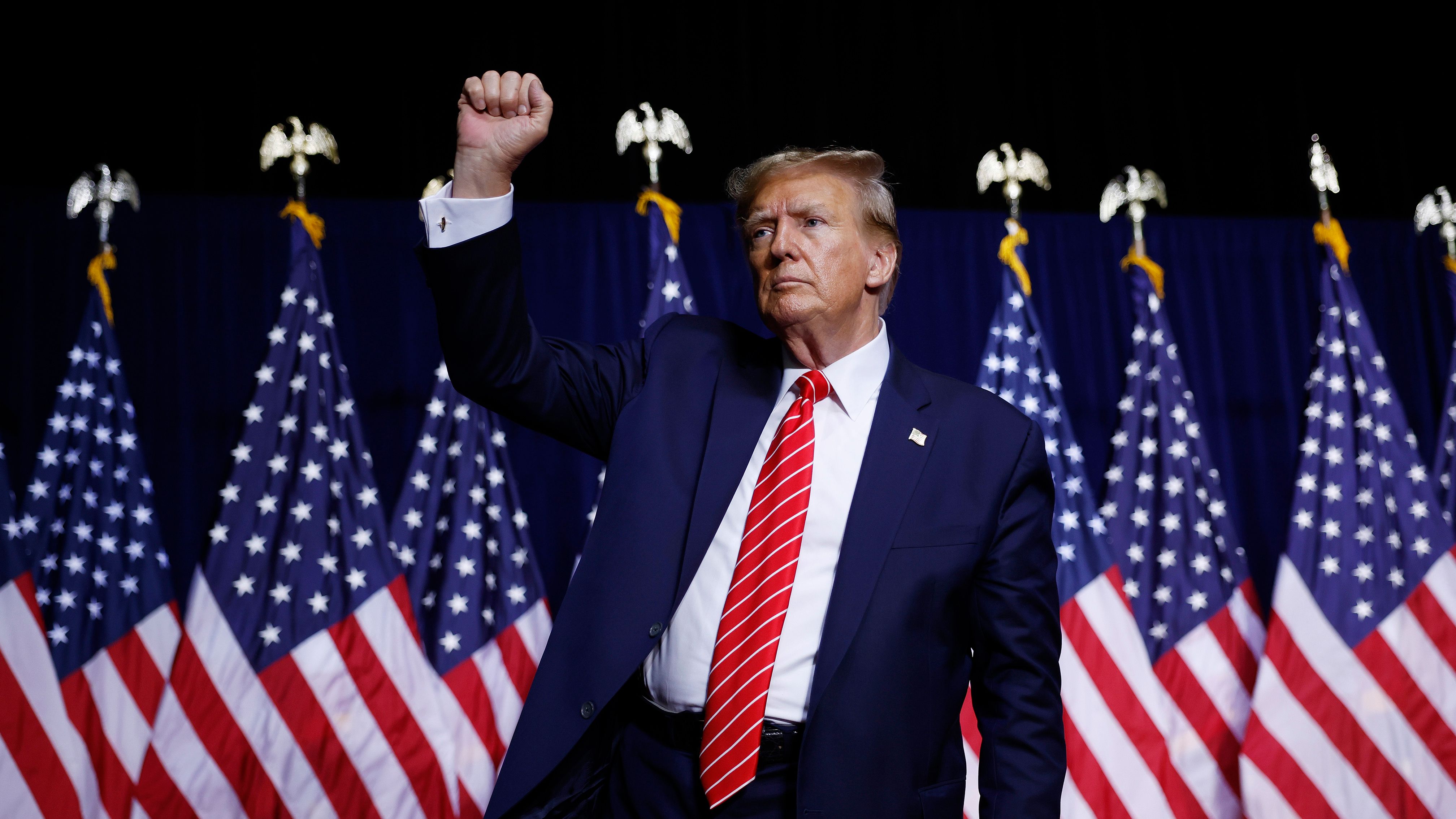Regulating the Future: How Governments are Shaping the Crypto Landscape
Overview or Introduction
The world of cryptocurrency is on the precipice of dramatic change, driven by evolving regulations across nations and a changing political landscape in the United States. As the dream of a decentralized digital currency shifts from the fringe to the mainstream, the role of governments in shaping crypto policy has never been more critical. This article explores how regulatory movements in the U.S., Latin America, and Europe could redefine the future of cryptocurrencies as we know them.
U.S. Regulatory Shake-Up: The Trump Administration’s Crypto Vision
As President-elect Donald Trump prepares to take office, the focus is turning to his proposed plans for transforming the cryptocurrency landscape in the United States. With potential appointees like venture capitalist David Sacks as the new “Crypto Czar,” Trump’s team is promising a supportive framework for digital assets.
One key proposal is a comprehensive executive order aimed at curbing unnecessary enforcement against crypto companies, allowing for an environment where innovation can flourish. Trump’s administration could potentially prioritize clarity in crypto regulations, positioning the U.S. as a leader in the global digital economy.
Senator Cynthia Lummis envisions 2025 as the breakthrough year for Bitcoin and digital assets, emphasizing the need for a “Bitcoin Act” that would streamline the federal government’s approach to managing Bitcoin holdings, potentially cutting national debt in half.
Latin America’s Crypto Collaboration: El Salvador and Argentina
Meanwhile, in Latin America, El Salvador and Argentina have signed a historic agreement to bolster the cryptocurrency sector. This partnership aims to share regulatory expertise and strengthen the presence of regulated digital asset businesses across the region. El Salvador has long been a forerunner in crypto adoption after making Bitcoin legal tender, and this collaborative effort could amplify the influence of both countries in the emerging digital economy.
Juan Carlos Reyes, El Salvador’s top crypto regulator, underscores the agreement’s significance for innovation within the region. By creating strategic partnerships, both nations seek to foster a favorable regulatory environment for digital assets.
European Union’s MiCA Regulation: Too Fast for Readiness?
Across the Atlantic, the European Union’s new Markets in Crypto Assets (MiCA) regulation is set to enforce comprehensive standards for crypto firms but faces delays in implementation among several member states. Notably, countries like Belgium, Italy, and Portugal have yet to align their local laws with MiCA, raising concerns about regulatory readiness as the deadline looms.
The MiCA framework is crucial for crypto service providers seeking to operate across EU nations, yet the clock is ticking. Trade bodies are calling for a temporary pause in enforcement to accommodate the slow progress in national regulations, highlighting the tension between rapid regulatory rollout and the industry’s immediate needs.
Global Economic Impacts of Crypto Regulation
The regulatory landscape is highly influential. With rising anticipation of an interest rate cut by the U.S. Federal Reserve, the crypto market is responding positively, highlighting Bitcoin’s increased market attractiveness as a hedge against inflation. Analysts believe the impending regulatory changes, coupled with macroeconomic shifts, could significantly impact investor behavior in the crypto markets.
This intersection of policy and finance suggests that the success of cryptocurrencies may be increasingly dependent on regulatory clarity, encouraging both institutional investment and public confidence.
Key Takeaways
- The U.S. is poised for a significant overhaul of crypto regulations under the new administration, potentially positioning itself as a global leader in digital assets.
- Latin America is witnessing a collaborative effort between El Salvador and Argentina to strengthen crypto regulations and innovation.
- The EU’s MiCA regulation faces implementation challenges, with several countries struggling to meet compliance timelines.
- Economic factors, such as Fed rate cuts, could further bolster the attractiveness of cryptocurrencies in a changing financial landscape.
Sources
- How Trump Can Help Crypto on Day One
- El Salvador and Argentina Regulators Sign Agreement to Help Develop Crypto Industry
- Crypto Regulation MiCA May Come Too Soon for Some EU Countries
- Wyoming Senator Cynthia Lummis: ‘2025 Will Be the Year for Bitcoin and Digital Assets’
- Donald Trump Considering a16z Crypto Policy Head for CFTC Role: Bloomberg
- Here’s How The Fed’s Anticipated Rate Cut Could Impact Crypto

